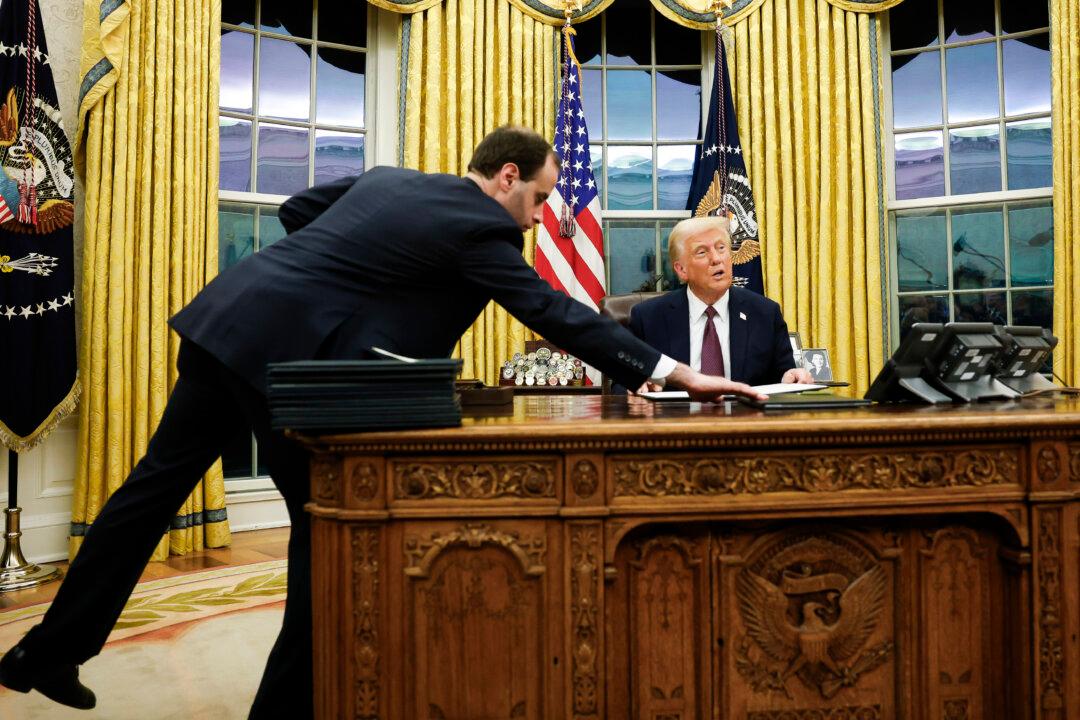News Analysis
Canada could be affected by a lot more than merely potential tariffs as U.S. President Donald Trump kickstarted his plan for America with a slew of actions on Day 1 of his mandate.

Canada could be affected by a lot more than merely potential tariffs as U.S. President Donald Trump kickstarted his plan for America with a slew of actions on Day 1 of his mandate.